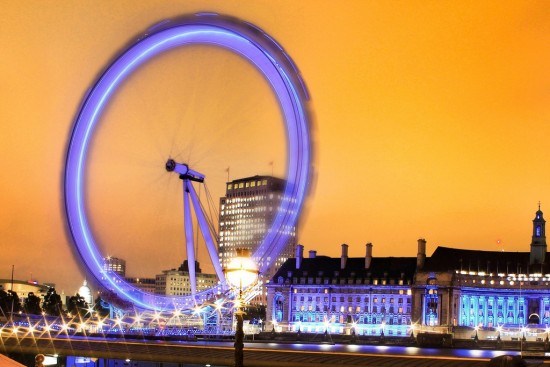Bars, pubs, and nightclubs in the UK now number just over 8,000. Combined they employ nearly 80,000 people and take in revenues of about £2 billion annually. Moreover, even though annual growth has fallen by about 6% over the past five years, business is still very good for the biggest names in the industry. Some of those names have even done well enough to consider opening similar ventures overseas.

Exporting London nightclubs such as Mahiki and Boujis to faraway destinations is not necessarily as easy as one might think. Just because the trendy London scene is way ahead of the rest of the world does not necessarily mean that same success can be replicated elsewhere. Far too many nightclub owners have found out the hard way that business in other locales can be remarkably different.
If You Build It…
At the turn-of-the-century, the nightclub culture was all about the ‘if you build it’ mentality. In other words, opening a nightclub with just enough edge to be different meant that you could probably get a curious celebrity or two in the doors. In addition, once viral videos and pics of celebrities hit the internet, London partygoers were sure to descend on the new club. It was a cycle repeated time and again to great success.
Even today, nightclub owners with stellar reputations depend on the likes of royalty, athletes, film stars and the hottest musicians to boost the reputations of their venues. However, they still have to pay their bills long after the stars have moved on to other trendy clubs. The ‘if you build it’ mentality is one that only works if a club owner has the aptitude and financial resources to continually adapt. This is one of the reasons why clubs open and close so frequently.
Taking It Overseas
A June 2014 article in The Spectator profiled a number of big-name club owners and their efforts to establish businesses overseas. Among those profiled was 32-year-old Guy Pelley, famous for the outings he arranged for princes William and Harry, and South Kensington club owner Matt Hermer. Most of the profiled owners spoke of learning valuable lessons after having failed at early attempts to establish nightclubs overseas.
According to The Spectator, there is a couple of important things that can make it difficult to export the London nightclub scene. First and foremost is the double-edged sword of local laws and the politicians who control things. You never quite know what you are in for when you open a new club overseas. For example, a new nightclub in China may seem a good idea until the local authorities come knocking on your door over an alleged violation. You can be sure you are following along only to discover that local officials interpret the law differently.
Another concern, according to The Spectator, is the local workforce. The magazine explained one scenario of a pair of club owners who opened a brand-new venue in the Swiss Alps that should have earned them a lot of money during the ski season. They only managed to break even due to a staff who held their parties after hours at the expense of the club.
Lastly are concerns over security. An exported nightclub can be a security nightmare if it is located in an area prone to certain types of crime. Even worse is choosing a city in which organised crime controls what businesses succeed and what businesses fail. As you might remember, London nightclubs were heavily influenced by organised crime during the late 1990s and into the 2000s. London has cleaned up its act, but the same cannot be said for other major cities where club owners might consider expansion options.
Individual Party Hosting
What is a nightclub owner to do if he is enjoying great success in London yet wants to expand out of the English capital? Undoubtedly, some will continue expanding overseas. Among those who do, some will find success and others will fail. Nevertheless, there is a small handful of big-name club owners that have discovered a more lucrative way to grow their businesses without taking the risk of overseas clubs. Instead of opening new clubs, they are hosting exclusive parties at already established venues.
Pelley, for example, hosted an exclusive party to close out Fashion Week 2014 in Paris. The party was successful enough that he packed everything up and sent it to Bahrain for an exclusive party to open the festivities for their annual Grand Prix. Using someone else’s venue to host a glamorous party for the world’s rich and famous keeps the nightclub owner on the leading edge with very little risk. Why export the nightclub when you need only export the party? This may be the future of the London nightclub scene around the world.



